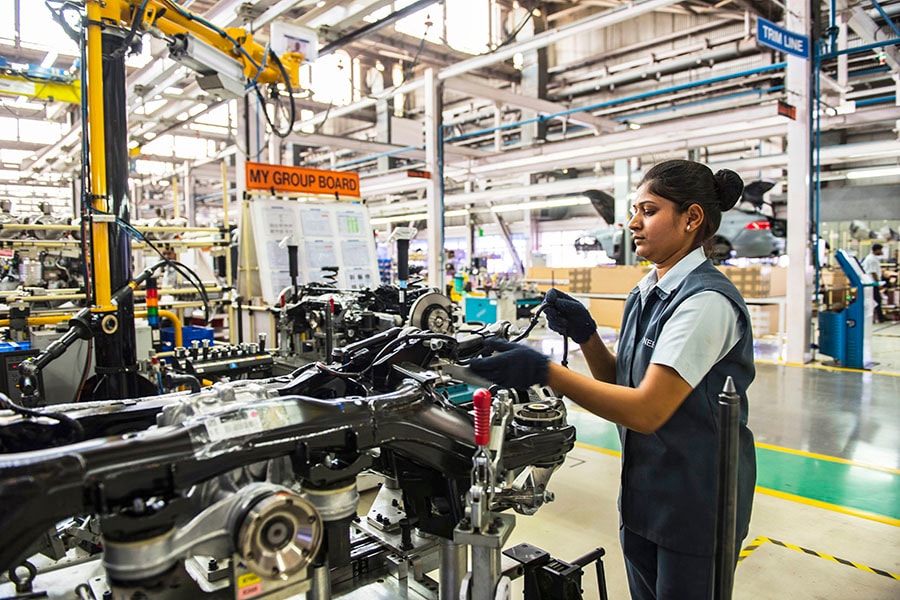
How India's booming auto sector brought big gains for its parts suppliers
As vehicle sales grew to 21 million units from 17 million, the automotive component industry registered a growth of 32.8 percent over the previous year
 Various manufacturers ranging from Honda to Mercedes are now firming up launches in the country over the next few months, especially as the festive season starts.
Image: Mexy Xavier
Various manufacturers ranging from Honda to Mercedes are now firming up launches in the country over the next few months, especially as the festive season starts.
Image: Mexy Xavier
It’s been a phenomenal year for India’s automakers. Vehicle sales in the world’s fourth-largest automobile market grew to a staggering 21 million units from about 17 million in the year-ago period, led by an exceptional growth in the country’s passenger vehicle segment. While that number still falls short of the 26 million the country recorded in 2020, a growth of 20 percent in the post-Covid era signals a return to normalcy in the sector. The sector is now expected to grow between seven and nine percent in the current fiscal.
India still lags many global economies when it comes to cars per capita, and a growing middle class in the world’s fastest-growing economy could possibly change that in the years to come. Various manufacturers ranging from Honda to Mercedes are now firming up launches in the country over the next few months, especially as the festive season starts.
That turnaround in the sector, one of the worst affected by Covid-19, meanwhile, has also brought significant gains for a sector that had long remained in the periphery—the country’s domestic auto component makers.
A push by the Indian government towards manufacturing within the country by offering incentives and supply constraints in China has meant that the country’s automotive component makers are having a field day. That’s only expected to continue in the years to come. Already, home-grown carmakers, ranging from Maruti to Tata and Mahindra, control as much as 65 percent of the market.
Also read: From an electric Thar to five other EVs, why Temasek is betting on Mahindra's electric ambitions








